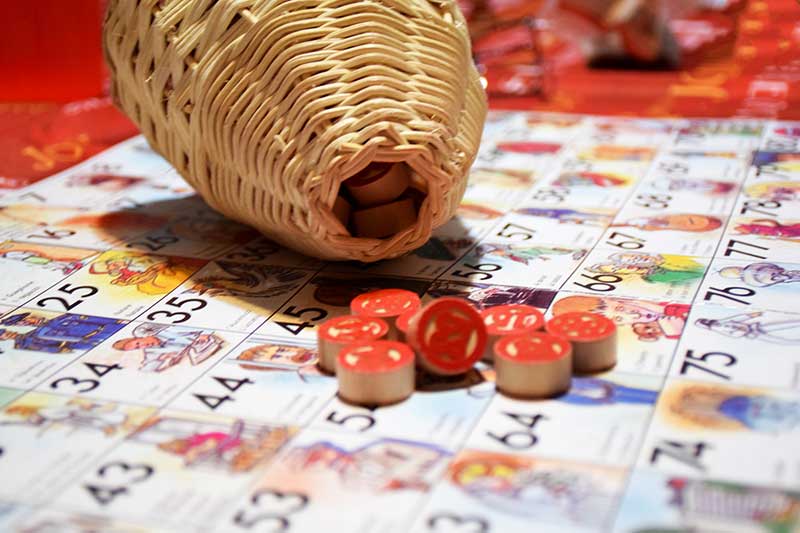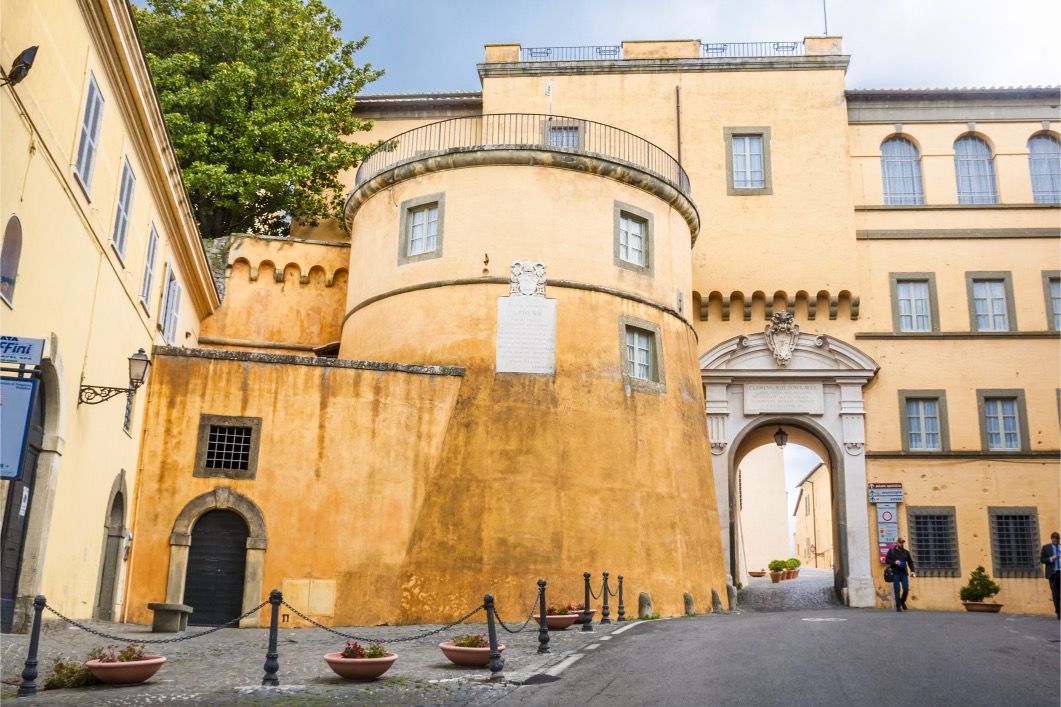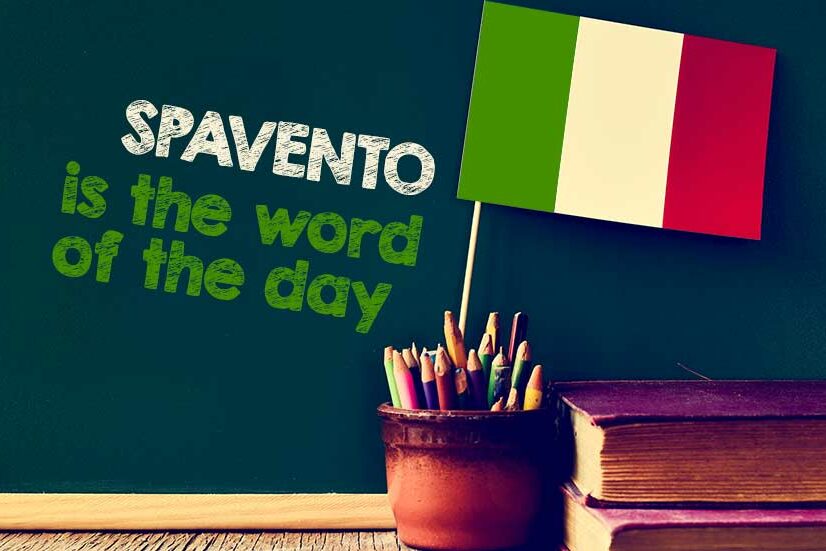Every Italian received a Tombola set as a Christmas present at some stage of their childhood. Mine, however, was a bit of a historical relic, as I had inherited my brother’s, who is eleven years my senior, and there were plenty of bits and pieces missing. Cards were all bent and a lot its little wooden numbers were missing. I still remember them, the size of a sugar candy, with red numbers in relief.
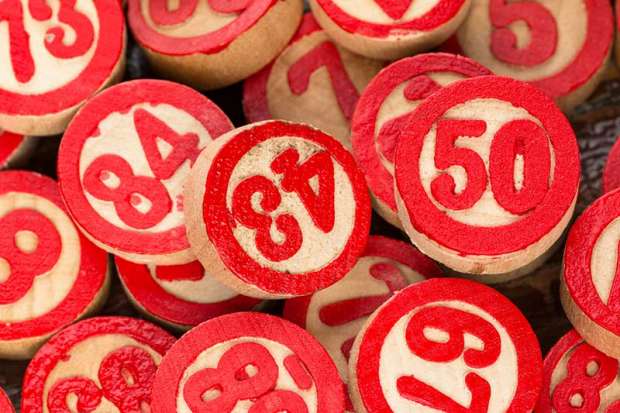
Not that we ever played with tombola as children: there was too little action and all those numbers were too reminiscent of a math class to be enjoyable, yet we loved the idea of it, because tombola came out of its box only at Christmastime and it had the scent of mandarin peels on the fire and of snow.
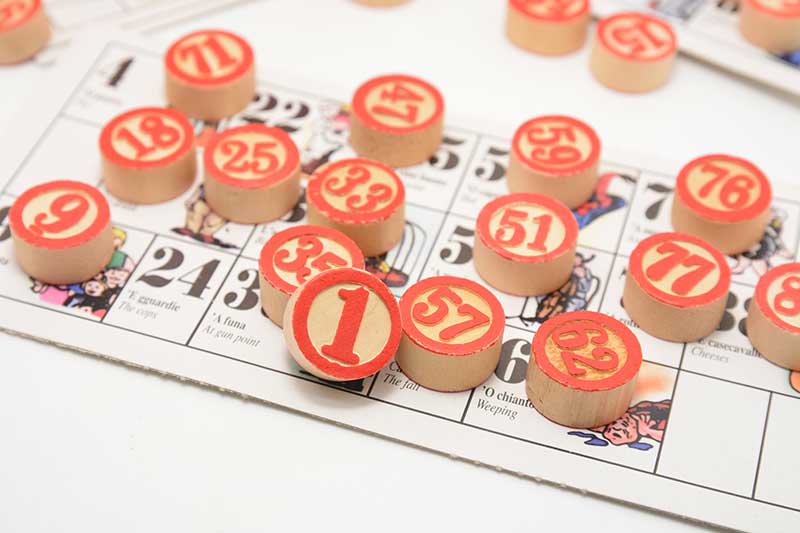
Grandparents would patiently sit with us and play a round or two, trying to get us into the game, but they would end up finishing it up on their own: still, we watched and enjoyed their company, as always. Grandmothers would go into the kitchen and grab a bag of dried beans – butter beans, usually, but borlotti were common, too – to be used as number markers and off the game went, filling in the time between the end of cenone and the ringing in of the new year.
The origin of the word tombola is uncertain, but we know the game was the brainchild of some ingenious Neapolitan who, in the 18th century, created it as a domestic alternative to the game of lotto, which had been declared illegal during Christmas Festivities. It was 1734 when Charles of Bourbon, King of Naples, and Father Gregorio Maria Rocco, enlightened local cleric devoted to the poor and to his city, had a conversation about lotto. They weren’t too happy about the way Neapolitans seemed to be addicted to the game, to the point that the king wanted to place it under state control, so that he could make some money off it, too. But Father Rocco wouldn’t have it, because gambling was immoral. In the end, they came out with a handy compromise: lotto was to be prohibited only during the holy time of Christmas, so that Neapolitan families wouldn’t be distracted from their prayers.

But Naples’ love for lotto was such that its people quickly ideated a home-version of it, the tombola, which was played during the month of December when lotto was forbidden.
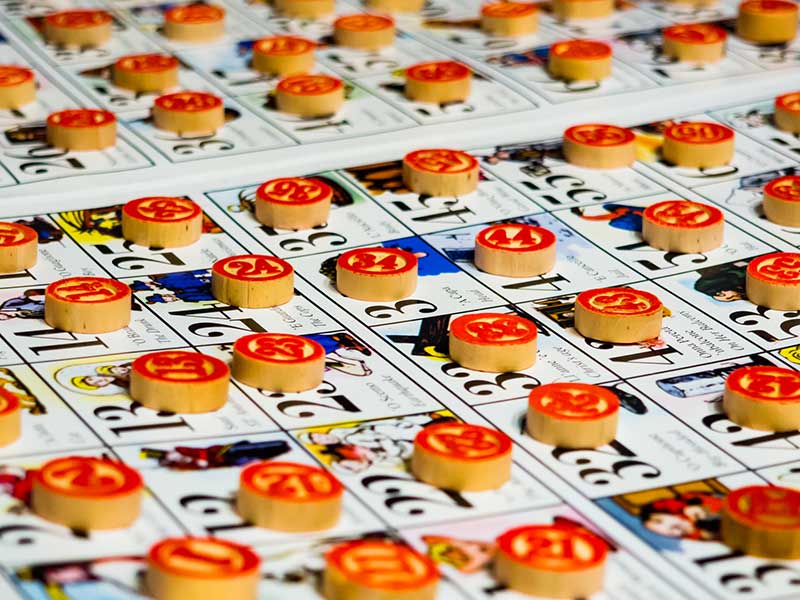
And that’s how tombola and its little wooden numbers were born, and why we play it around Christmas time.
